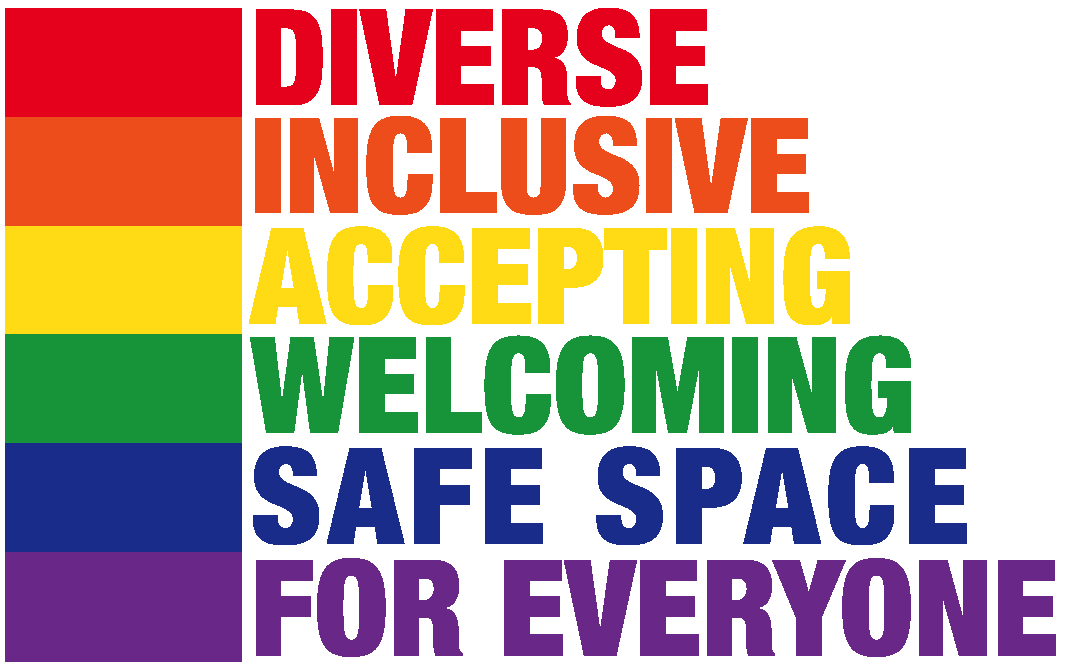Shame, the Inner-Critic, and the Costs of Carrying the Burden Alone – Part 2: Breaking the Cycle
Written by Jesse Ross, RCC at Hollyburn Family Services
What can I do to Escape This Pattern?
As mentioned in the previous article, this is a broad and important subject. This article will serve as a brief overview of some of the explorations that I do with clients as well as a few strategies for the reader to practice in their daily life.
In Session:
It is important to build a relationship of trust and safety before embarking on a journey requiring this level of vulnerability. For the purposes of this article, we will assume I have been with the client for long enough to build a comfortable rapport.
—
Shame, self-loathing, low self-worth. All are interrelated and often manifest as a negative voice in our head that knows our deepest fears and insecurities and targets them directly. In short, it knows how to hurt us because it lurks within us. Our focus then, is to gain some awareness of this voice and its context and then work with it in order to remove some of its devastating power.
I want to emphasize that this is an overview for the sake of brevity. This is not a questionnaire, but an exploration. Each of these questions serves as a jumping off point to assist the client in gaining awareness and insight into their heretofore subconscious processes.
“Until you make the unconscious conscious, it will direct your life and you will call it fate” – Carl Jung
How long has that critical voice been a part of you?
This question serves to offer context, both for the counsellor and the client. The client is provided with an opportunity to consider an internalized part of themselves in a conscious manner. The answer to this question may point to a specific time or period when the client feels they began to carry this weight, or perhaps the client feels that they have carried this burden with them for as long as they can remember. Whatever the case, there are various avenues to explore together.
Can you recall the words that you say to yourself coming from someone else’s mouth?
There’s a famous quote, attributed to the former long-time editor of Mothering Magazine, Peggy O’Marra, that warns parents that, “the way we talk to our children becomes their inner voice”. It only makes sense that as grown-ups, many of the negative messages that we tell ourselves are internalized manifestations of important voices from our past.
It’s an incredible thing to witness the “Aha!” moment as a client discovers that their shameful self-messaging comes not from an omniscient voice that knows their ‘true self’, but as a reflection of wounding words from their childhood.
What does this internal voice want/need/fear?
Most people consider themselves as one comprehensive whole, and in a sense we are. However that whole is comprised of many parts. Everyone has experienced internal conflict. That sense that one part of you is pulling you one way, while another part is pulling you in the opposite direction. We are all comprised of many parts and none of them are inherently good or bad. We have parts that are courageous, but possibly foolhardy, we have parts that might feel cowardly, but that keep us safe. We have parts that are generous, but may allow us to be taken advantage of, and we have parts that may feel selfish, but also ensure that we have enough to survive. Each of these parts has (or originally had) a positive motive, but sometimes one part wrestles control of the wheel and wields too much power or becomes rigid and unadaptable.
The key is to explore that part and communicate with it. Where is it coming from, and what is it driven by? When we have this information, we can work on reintegrating that part into a more coherent and balanced sense of self.
How has that voice served you in the past?
Often parts of us that feel troublesome are residual effects of adaptations to a past environment. For example, a client who fears that they are callous and indifferent to the needs of those around them may have grown up in an environment where far too much was demanded of them. For their emotional survival, they may have had to become immune to the demands or needs of others. However, this survival mechanism can run amok and retain control despite changes in the environment, and perhaps now they find themselves troubled to note that their current friends or romantic partners feel uncared for. This self-protective part needs to be explored and communicated with in order to let it know that the threat has receded and it can safely ‘stand down’.
The metaphor that I often use is to think of yourself as a knight after a difficult battle trying to find your way home. You come to a river, but you are still wearing heavy armor from the battle you just escaped. The armor helps you feel safe, but your next challenge offers different demands. You can:
1. Stay stuck where you are.
2. Attempt to swim in the armor and likely drown, or,
3. Find the courage to remove the armor that was so crucial to your survival up to this point, but which is now weighing you down, and continue your journey.
Ultimately, I hope to help the client to come to a new, felt realization that we are human, we are complex, we are flawed, and that is okay. We are more than the sum of our worst actions, and less than the sum of our best. If we can forgive ourselves for being flawed, then we can acknowledge that despite (and including!) our flaws we deserve love, dignity, and compassion just like everybody else.
—
Strategies to Practice on your own:
Practice mindfulness. Close your eyes for a few minutes and pay attention to the feelings in your body and your senses (what do you feel? What do hear? What do you smell?). When distracting or invasive thoughts come, you can welcome them, acknowledge them, and let them go like balloons full of helium. You may be surprised to find just how regenerative this mental reset can be.
Give yourself a few minutes every day (or however often feels comfortable) to write. Do not self-censor, just write what comes to you. If it’s scattered, or self-referential (e.g., ‘I am writing and this feels like a waste of time’), that is fine. It is real, and it will help you be present in the moment.
Practice gratitude. Each day, try to write down a couple of things that you feel grateful for. This can be big (e.g., ‘I’m grateful that I have people who care for me’, or, ‘I’m grateful that I have the courage/intelligence/initiative to create opportunities for myself’), or it can be small (e.g., ‘I’m grateful the kids are sleeping and I can have a few minutes to myself’, or, “I’m grateful that I caught the sunset the other day and was in a headspace where I could appreciate it for a few moments’). It may sound trite, but focusing on positive things can often shift perspective away from invasive negativity.
Finally, practice the ‘fake it ‘til you make it’ principle. Take a few moments to look in the mirror and tell yourself positive things; “I am worthy”, “I am deserving”, “I am funny”, “I am beautiful”, etc. It will likely feel ridiculous at first, but the funny thing about saying these things out loud is that it means that we are also hearing them. I have had several, initially incredulous, clients report to me that, with practice, these words have gained feelings of importance and authenticity.
—
The purpose of the practices within this article, whether in session or out of session, is to help the reader find self-acceptance, self-forgiveness, and comfort with the self. “But Jesse”, I hear you say, “isn’t that just a fancy way of saying that I should let myself off the hook?” To this I would say there is an important difference. Self-forgiveness focuses on the past and the present and offers acceptance, while attempting to become even better in the future. Conversely, ‘letting yourself off of the hook’ is simply saying, “Meh, it’s who I am”. To put it another way, while letting yourself off the hook offers a blank cheque to stay stuck in troubling patterns, self-acceptance provides you with the internal space and resources to become a kinder, more thoughtful, and empathetic person. I genuinely believe that it is one of the most important steps we can take in improving our little corner of the world.
Jesse Ross, MEd, RCC is a Hollyburn Family Services counsellor who provides individual therapy. Book an Appointment with Jesse.


